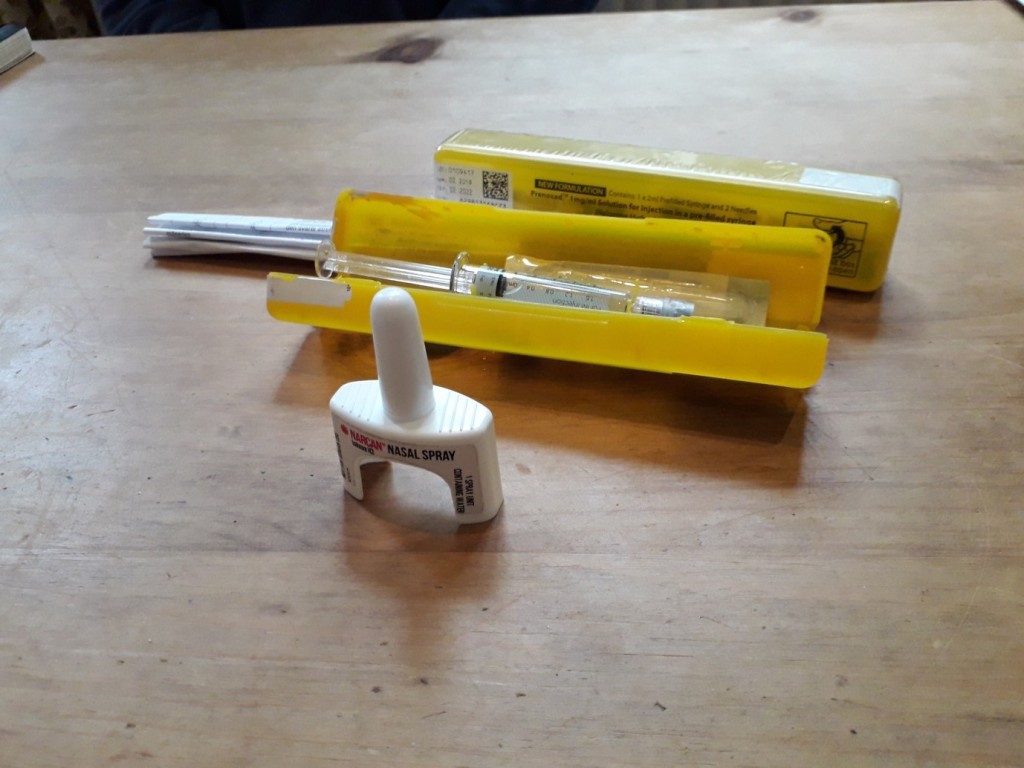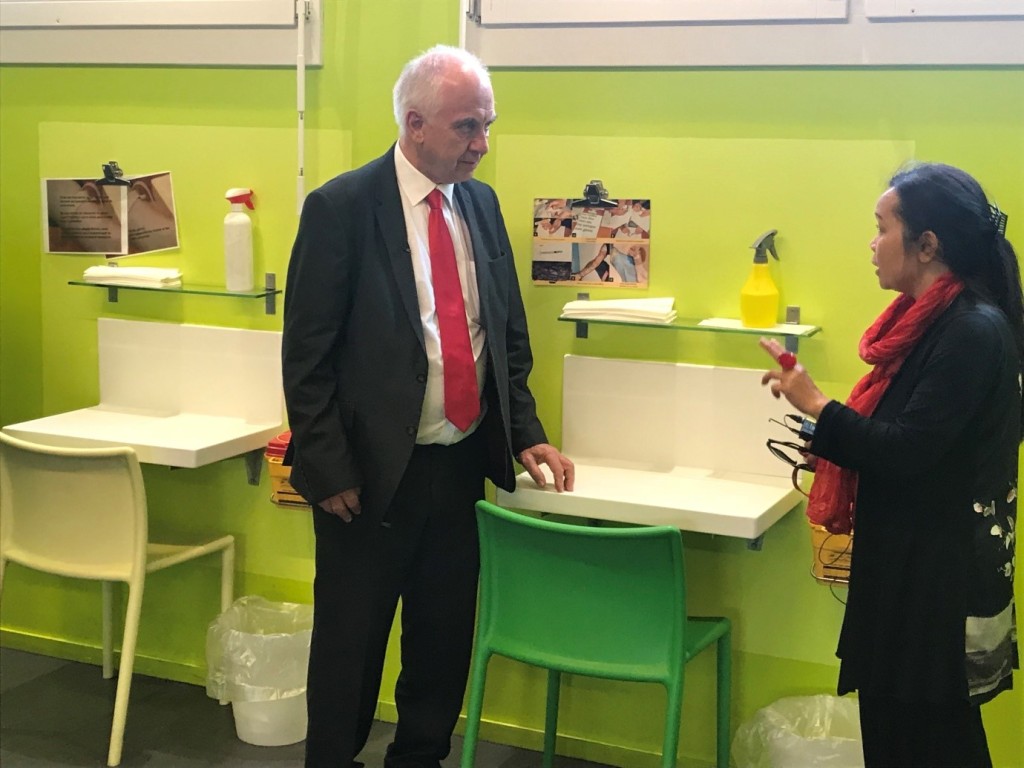Jon Bloomfield
The debate between prevention or punishment is receiving some ‘new thinking’ that may change the way drugs are bought and used.
How the country handles people who use drugs is a contentious political issue. Like most of the country, Birmingham has a growing problem with drug misuse. Over the last forty years Judith Yates has seen every aspect of the urban drugs scene, starting as a GP in an inner-city, Birmingham practice in 1980. Now involved with drug monitoring in the city, she knows the devastation that drug use can bring to people’s lives. She is clear on the policy approach that is needed. “Treating drugs as a health issue not a criminal justice issue is the key.”
For decades the UK has followed the lead of the United States in seeing drugs as primarily a criminal issue. There are now signs that the agencies which confront these issues daily recognise that it is time to change course. That’s certainly the case in Birmingham and across the West Midlands. David Jamieson, the elected West Midlands Police and Crime Commissioner, is an astute Labour politician, who knows that he needs to side-step the ‘culture wars’ booby traps. So he avoids gesture politics and grand statements. Instead he tells me, “we’re following a pragmatic approach. We can’t wait for the government to change the law. We’re looking at what we can do now.”
Following public consultation, in February 2018 Jamieson set out a new approach to drug policy. The report called for new thinking and a mature discussion about what needed to be done, along with eight recommendations for action.
Some were small-scale measures such as the proposal to improve access to Naloxone and other interventions that reduce the lethal impact of drug overdoses. “We’ve now got fifty officers in Birmingham city centre trained in its use and carrying it around with them.”

The pocket-sized Naloxone kit. (Jon Bloomfield)
A further measure the PCC is pursuing is the establishment of a heroin assisted treatment (HAT) centre. This would “use a current medical facility and treat 10-15 heavy end users.” One of the local council officers involved in the discussions on operationalising the HAT admitted to me that setting it up is complex. “You have to find the right facility and be able to match it to the right cohort of users. It’s no good if they are miles apart.” But Jamieson is confident that “we’ll be able to land it by early next year.”
One of Jamieson’s eight recommendations was to consider the benefits of supervised drug consumption rooms. This support is typically targeted at hard to reach homeless people, improving their access to treatment while taking their injecting and needle litter off the streets. Just before lockdown, the Commissioner published Out of Harm’s Way which assessed the evidence regarding Drug Consumption Rooms and showed strong and supportive backing for their introduction as a way to reduce the harm caused, and the costs incurred, by drug use. Jamieson has been to visit such a facility in Geneva to see how it works and its benefits but he admits “it’s a tricky area. Progress has been slow so far and it’s mainly a health issue”. His budgets wouldn’t cover its introduction.

David Jamieson inspecting a drug consumption facility in Geneva. (West Midlands PCC)
With strapped budgets and ever-rising pressures, the agencies on the ground know that policy has to change and they are increasingly prepared to look at the evidence from across Europe and listen to the experiences of former drug users. John’s life has stabilised on methadone and for more than a decade he’s been involved in advocacy and support for people who use drugs. He’s a firm advocate of heroin assisted treatment centres and has visited drug consumption rooms in several European cities and believes they should be introduced here. “We’ve spent billions on this pandemic; we should be doing the same to tackle drug use.” At the end of a long call he wryly remarks that “as a 63 year old drug user I’ve managed to get by quite well in life.” He basically wants enough resources to be made available for others to be able to do the same.
Some of these harm reduction measures would be controversial with cultural conservatives. That’s why Jamieson treads warily, even though he has the backing of his senior police officers. But he feels that “we’re refocusing the debate. We are seeing quite a softening amongst opinion formers even in the media. A sea change is happening, even if it’s a bit glacial. I’m optimistic about our policies but I know there are no quick fixes.” He talks about the new HAT centre and I ask him if he shall invite Home Secretary Priti Patel to open it. He chuckles and replies, “She’d be most welcome. I’m here to move mountains, not to build divides. I’m about persuading people.” It looks like the invitation will be in the post.
A full version of this article can be found here:
https://www.independent.co.uk/author/jon-bloomfield

Jon Bloomfield is an honorary research fellow at INLOGOV, University of Birmingham and a regular contributor to the Long Read.